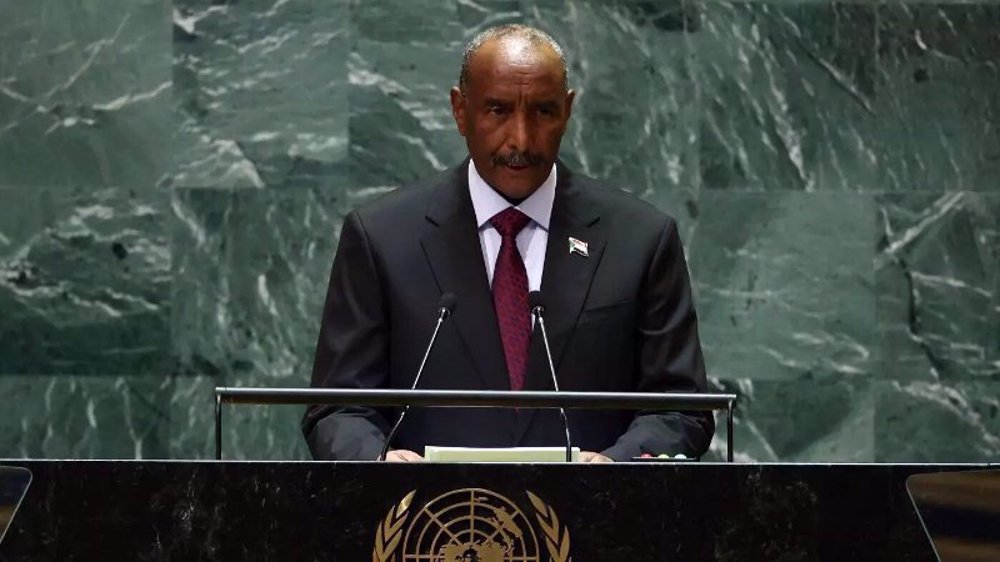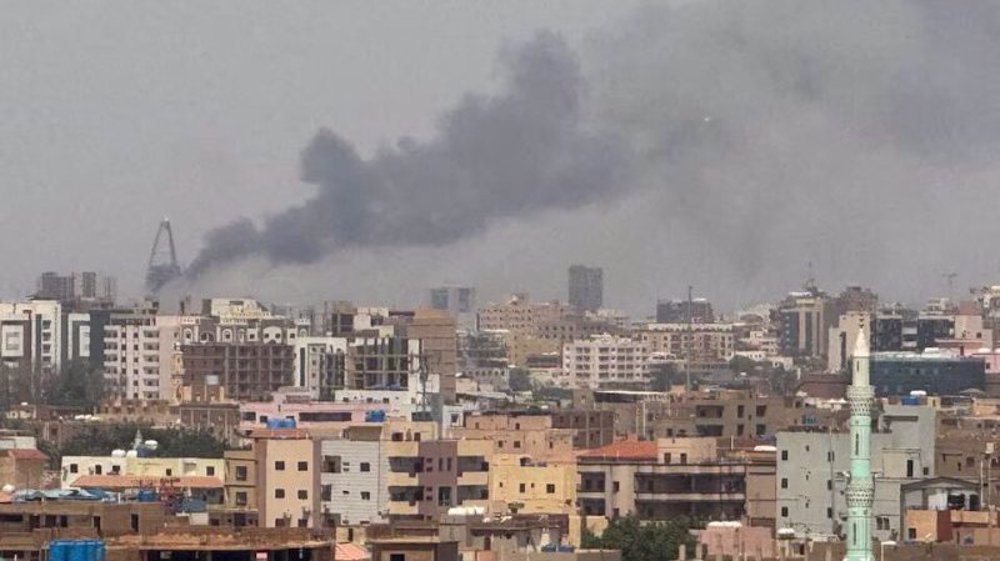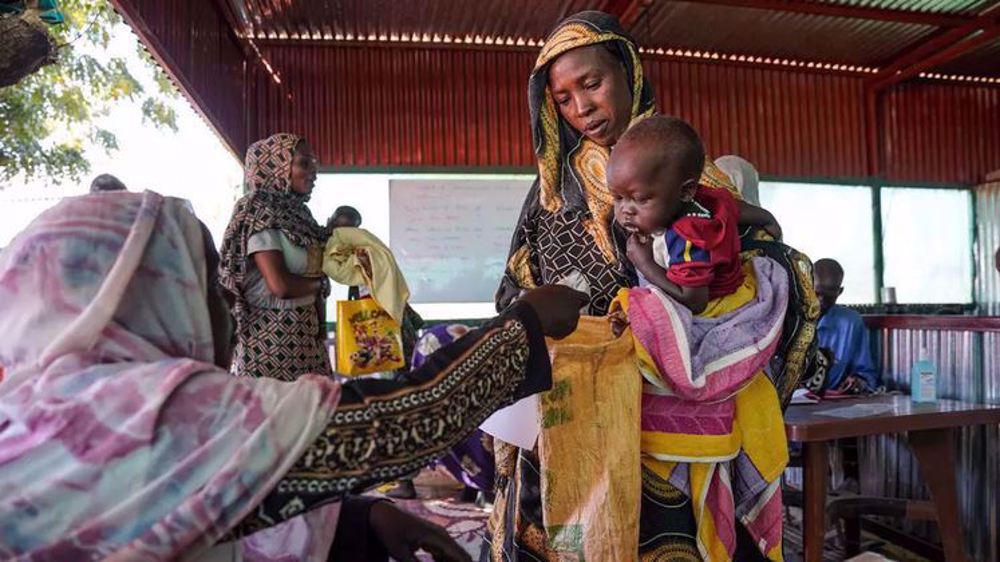‘Protesters will no longer support Sudan military council’
Sudanese protest leaders say they will no longer recognize the country’s military council, and will escalate demonstrations to confront the junta rulers, as part of a widening campaign to push for the transfer of power to civilians.
Demonstrators no longer recognize the Transitional Military Council that assumed power after the ousting of President Omar al-Bashir last week, a protest leader said, addressing a rally outside the Defense Ministry in central Khartoum.
The protesters had earlier warned they would suspend contacts with the political committee of the council for being composed of what they called the remnants of the ousted regime.
The opposition also complained that the committee is dealing with them like the previous regime.
The head of Sudan's transitional military council, however, insisted that the role of the council complements the uprising.
Abdel Fattah al-Burhan said the formation of a joint military-civilian council is being considered forthwith.
Speaking on Sunday, Burhan said “the council is committed to giving power to people.” He said the council would respond to the popular demand for the formation of a civilian government within a week.
He also confirmed that former president Omar al-Bashir and senior officials from his circle had been jailed.
After some four months of anti-government protests, long-time leader Bashir was ousted by the military on April 11.
However, the military council, which was first led by Lieutenant General Ahmed Awad bin Auf for only several hours, has resisted calls from protesters to quickly make way for the establishment of a civilian council.
Protest leaders say the civilian council would form a transitional government to rule the African country for a four-year term, followed by elections.
The 10-member military council was originally formed for a planned two-year transitional period. Despite negotiations with protesters, the two sides have struggled to agree on the shape and form of a civilian leadership.
Latest ballots polls show Harris, Trump tied as voting continues
UNRWA warns of humanitarian collapse in Gaza
'Hello my enemies': Lebanese journalist on Israeli threats and his resolve to continue
Outrage in France as MP proposes bill to ban criticism of Israel
VIDEO | The strategy of Hezbollah in war
Israeli military withdraws several brigades from southern Lebanon: Report
48-year-old Palestinian man serving 48 life terms completes 22 years in Israeli jails
From MKO to Tondar, how Germany became safe haven for anti-Iran terror groups











 This makes it easy to access the Press TV website
This makes it easy to access the Press TV website